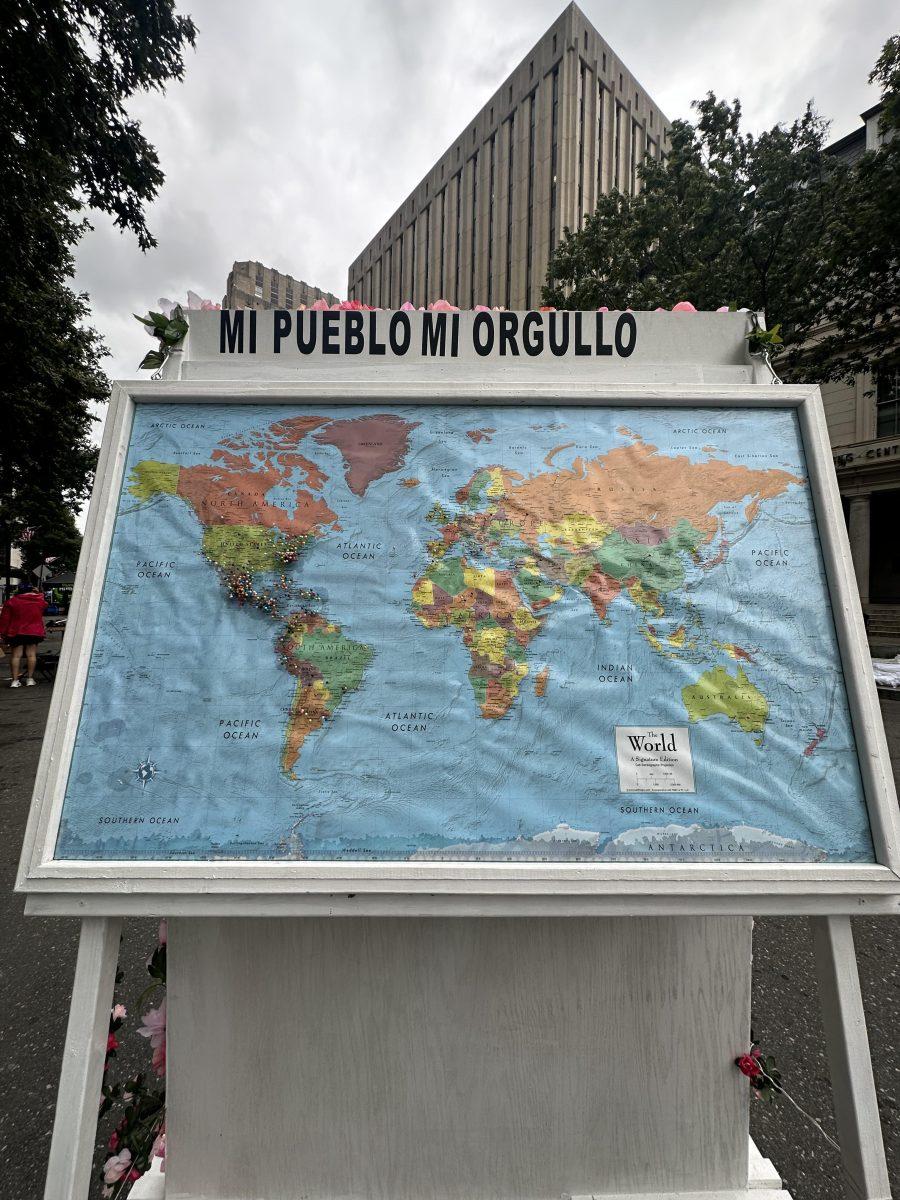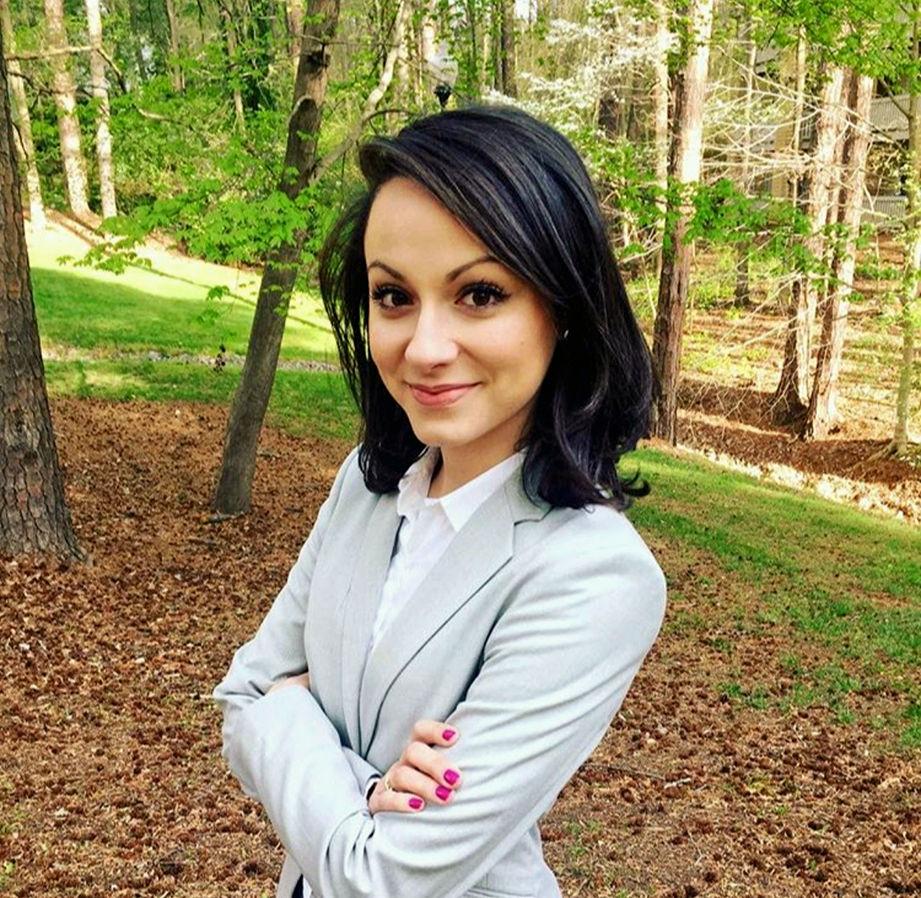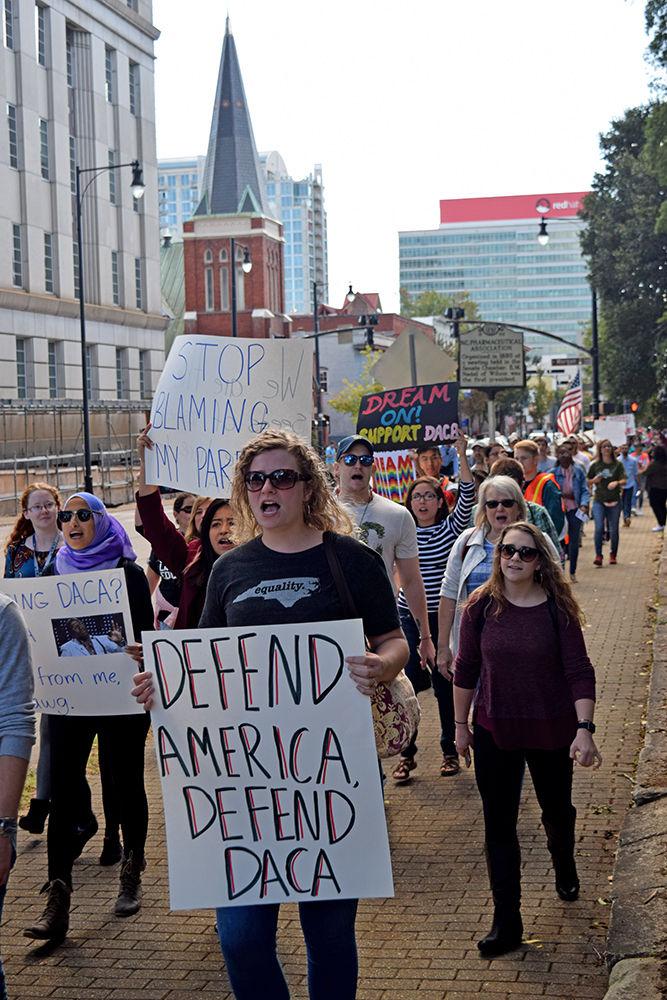Last Thursday, as a part of Hispanic Heritage Month, five members from Lambda Theta Alpha, Latin Sorority Inc. [LTA] spoke about the stereotypes they have broken in pursuit of internships, research and study abroad opportunities.
The event also featured a distinguished guest, Maria Correa, professor of epidemiology and public health. Correa spoke about how she overcame obstacles and moved past political turmoil in Uruguay in the 1970s to achieve a doctoral degree from Cornell University.
The event opened with presentations from five student presenters. Two students presented about their undergraduate research opportunities, two about their internships and the last about her study abroad experience in Cuba.
The event primarily concentrated on their experiences as Latinas as they have overcome stereotypes and prejudices in white, male-dominated fields of study. Ciara Del Valle, treasurer for the sorority and senior in animal science, spoke about her internship at the Equine Unit of NC State.
“In my internship everyone else was white, including my manager. It was so funny to me because they actually told that when they first saw me, they thought I wasn’t going to be able to do everything with the horses and that I wouldn’t be able to handle it and get dirty … horses are big animals so you have to be strong; and me being small, I just didn’t look like I’d be able to handle the internship,” Del Valle said.
Del Valle changed that perception.
“[Later] they told me ‘we were really impressed with how you handled everything,’” Del Valle added.
Samantha Peart, senior in marine science and Chapter Orientation Adviser for LTA, organized the event and related her experiences doing research.
“We wanted to showcase what it means to be Latina and show that we are breaking the mold of what many people think of when they think of a Latina,” Peart said.
Peart said they broke the stereotype of what it means to be Latina.
“We’re all from different countries, some of us are mixed; we broke that stereotype of what it means to be Latina,” Peart said.
Peart also had the opportunity to participate in a handful of research opportunities. The research has taken her all across the country, from Hawaii to Washington state to Maryland.
“At the Multicultural Initiative in Marine Science Undergraduate Program in Washington, I took marine science classes, they gave me a stipend and I did research on Olympia oysters, the only native oysters in the Pacific Northwest,” Peart said.
Peart said she feels that it is very important to have visibility in the STEM fields, as Latinos and specifically as women.
“It’s important, because then it’s like a role model for younger generations to look up to and follow. It’s important that there are more people in these roles; it gives perspective.” Peart said.




